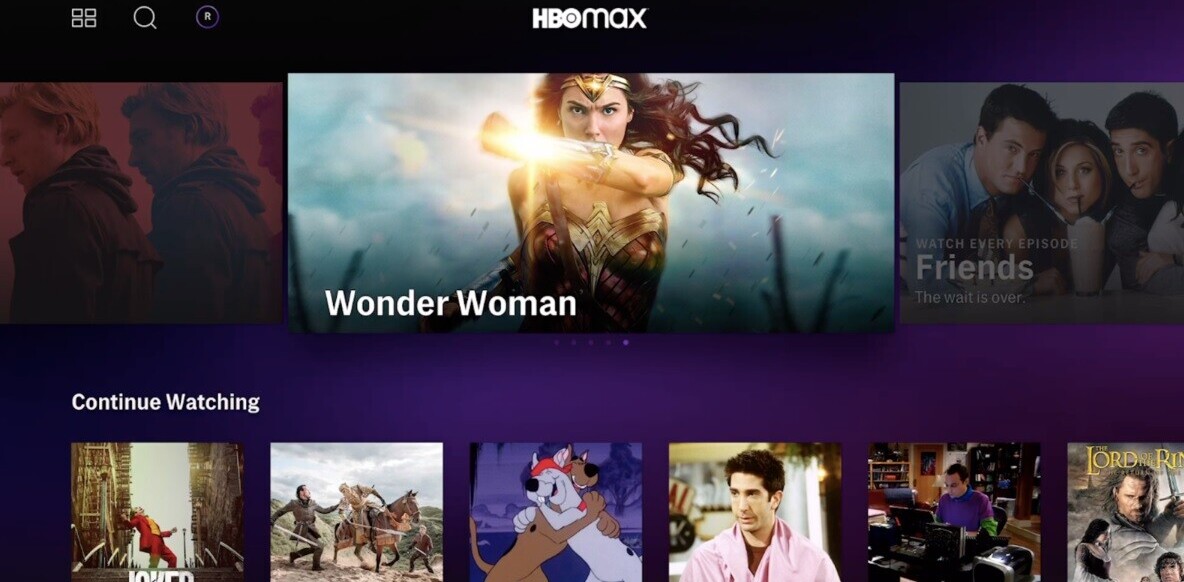
In August 2010, the Audit Bureau of Circulation published figures from the first half of the year. While there were several magazines that managed to hold steady with circulation, the industry as a whole saw a 2.3% drop. One magazine that has consistently bucked this trend is The Economist. While other news weeklies like Time and Newsweek have shed swaths of readers over the last few years, The Economist’s sales have nearly doubled in the last decade. There are no-doubt multiple reasons for this widespread appeal, but I’d posit that the magazine has benefited greatly from the fact that it is one of the only publications that deals with a scarcity in news.
In their pre-Internet heyday, general newsweeklies like Time and Newsweek were able to provide an overview of the previous week’s national news. The average news consumer in Portland, Oregon didn’t have ready access to news in Virginia, for instance, and so these publications produced a quick spread of the nation’s domestic affairs. These days, of course, a consumer from Portland can easily follow a link to a story in the Richmond Times Dispatch, a story that would provide much more comprehensive coverage of Virginia affairs than Time or Newsweek ever could. As Om Malik detailed recently at Gigaom, the internet is creating an unbundling of content, where a publication’s content is only as good as its most visited article. With this new media ecosystem, the Newsweeks and Times of the world have to compete with every other US-based publication, driving down their worth.
The Economist, however, has been able to sidestep this problem, in part because of the English language barrier. Paging through it, you’ll find that there’s very little in groundbreaking or original reporting. Most of the articles are less than two pages long, each giving a brief snippet of foreign news with a shade of opinion injected in. But when The Economist writes about an issue in, say, Hong Kong, it doesn’t have to compete with every single Hong Kong news outlet, simply because the overwhelming majority of the magazine’s readers don’t speak the language. Americans and Brits who are hungry for foreign news can find a quick overview without having to engage in the heavy lifting that would be required in order to navigate through every non-English news site. The Economist can maintain its news scarcity.
But what if the average English-language consumer could access a Hong Kong article about an important issue in that city, an article that uses first-hand sources and the contextual expertise you’ll only find with a local reporter?
As a foreign correspondent for Time, Jeff Israely had been mulling this question over for some time. Israely was based in Rome for 10 years before moving to Paris in 2008. In Italy, he had become friends with the founders of Internazionale, what he described to me as a “very smart weekly mag that takes the best of the print media not in Italian and translates into Italian.” Meanwhile, British and American publications have been shutting down their foreign bureaus, creating what he considers a vacuum in foreign coverage. “The American and British media thought for a long time that they had the resources to cover the world on their own,” he told me in an interview. “That’s no longer the case. What will step in the vacuum? If we believe that serious coverage — and by that I mean on-the-ground, original reporting — needs resources and experience and standards, the most immediate place we might look is at the ‘sister’ branded media in other countries and languages.”
Last year, Israely decided to act on this idea, launching a news site called Worldcrunch. The idea itself is simple, though incredibly difficult to execute: Israely would approach major news outlets in non-English countries and offer to “partner” with them by translating their articles into English. In exchange for allowing Israely to then publish the translated articles on Worldcrunch, the news outlets are offered a cut of any revenue generated and also the opportunity to use the translations on their own English-language hubs. To handle all this, he has hired around 10 freelance journalists, each charged with monitoring articles published in the partnering websites and translating them into English.
With such a limited workforce, Worldcrunch obviously can’t translate every single article that emerges from these publications, meaning the site also must act as a curator, mining out the articles that would be most enticing to an English-speaking audience and also adding in the proper context. “I keep repeating that we are looking for stories that have ‘value’ in every sense of the word,” he said. “And that starts with being stories that are interesting and worthwhile for readers outside the local/national readerships of the foreign language pubs. So often it is most certainly not the page one piece about some pissing match in parliament.”
Some translations require more heavy lifting than others, especially if they lack context for American and British readers. But Israely said a surprising number simply need a straight translation. So far, he’s developed partnerships with French, German, Italian, and Turkish publications, with new partnerships set to be launched with Latin American, Chinese, and Arabic outlets.
Orchestrating all this, Israely has found, can be extremely difficult. “On the one hand, we have been pleasantly surprised at the fact that any publisher we’ve gotten the chance to actually sit down and explain the project to has said ‘yes’,” he said. “Of course, it’s also tough getting to that sit-down in the midst of very busy schedules and tough times for the news business. They see us as an interesting, obligation-free way to get new value out of work their staffs have already produced. But we are not their core product, and they have a lot of fires to put out. For now, we really are just asking for access to be able to choose from their content and we encourage them to set up English-language ‘corners’ on their sites.”
So far, two publications have set up such English-language corners: La Stampa and Les Echos. Israely hopes more will soon follow, and he’s certain that these English translations will be superior to the foreign news sections of most American and British news outlets.
“It’s the dirty little secret of foreign correspondents,” he told me. “We wouldn’t know where to start without first reading the local papers.”
Get the TNW newsletter
Get the most important tech news in your inbox each week.




